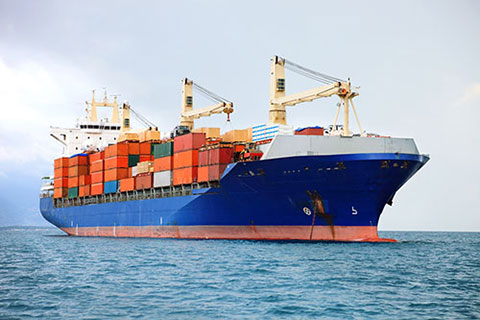The Trans-Pacific Partnership Promotes Global Food Safety
By Susan L. (Susie) Hoeller
The Trans-Pacific Partnership (the “TPP”) is a trade agreement among 12 Pacific Rim countries. It is the biggest trade deal in history. The treaty was signed by the participating countries’ foreign ministers on February 4, 2016, in Auckland, New Zealand in recognition of the fact that former New Zealand Prime Minister Helen Clark originated the treaty negotiations 14 years ago.
Today the TPP members are: Australia, Brunei, Canada, Chile, Japan, Malaysia, Mexico, New Zealand, Peru, Singapore, United States, and Vietnam. Indonesia and South Korea want to join too.
The TPP is unlike other trade treaties in the past which focused most of their attention on simply reducing tariffs on imported physical goods. The TPP has many unique provisions, one of which is an entire chapter devoted to assuring the best practices in food safety. Here are some of the highlights of what the TPP is designed to do:

– Ensure the ability of TPP countries’ regulatory agencies to regulate for the protection of food safety and plant and animal health.
– Ensure that food safety measures are developed and implemented in a science-based and transparent manner.
– Establish tough provisions on rules of origin to help the countries stop illegal transshipments, including those of seafood.
– Develop a consultative mechanism for regulatory experts to resolve cross-border food safety issues in a timely fashion.
– Make most food safety obligations enforceable through a dispute settlement process should the consultative mechanism not be successful.
The TPP countries have agreed that they will no longer disrupt agricultural and foodstuffs trade with discriminatory, non-scientifically based trade barriers, including unfounded food safety claims. This is a huge improvement over the current situation.
However, the TPP is under attack by protectionist forces. These attacks are not driven by the food safety chapter. They are more about the lost manufacturing jobs in certain industry segments in some developed countries. Trade has been unfairly blamed as the sole cause of this disruption, much of which has been caused by technological innovation.
If you are a food safety professional living in a TPP country who desires a more aligned global standard when it comes to food safety, then it’s a good idea to learn more about the specifics of the TPP and consider encouraging your political representatives to support its ratification.
About the Author
Susie Hoeller is an international business attorney. She counsels companies, including food companies on regulatory compliance and negotiates contracts and intellectual property licenses. Ms. Hoeller was raised in Montreal, Quebec. She is a graduate of Vanderbilt Law School and holds law licenses in five states. Currently, she is a member of a Food Policy Advisory Council in Pasco County, Florida. For more information: see, www.hoellerlaw.com.

Categories: Food Safety, Food Safety Standards, Food Safety Trends, Regulatory Compliance
Tags: TPP agreement , TPP countries , Trans-Pacific Partnership



